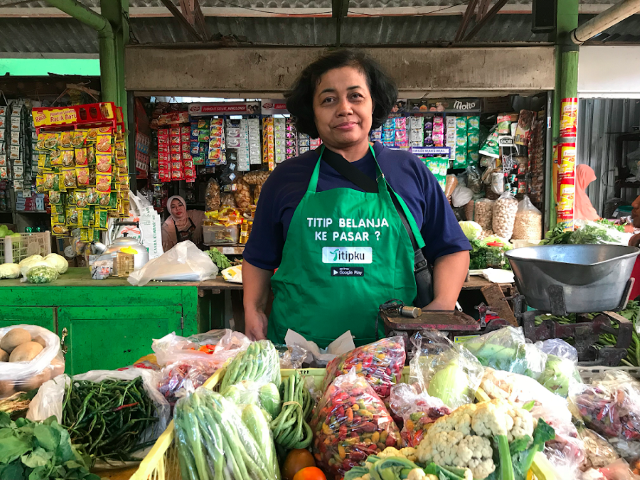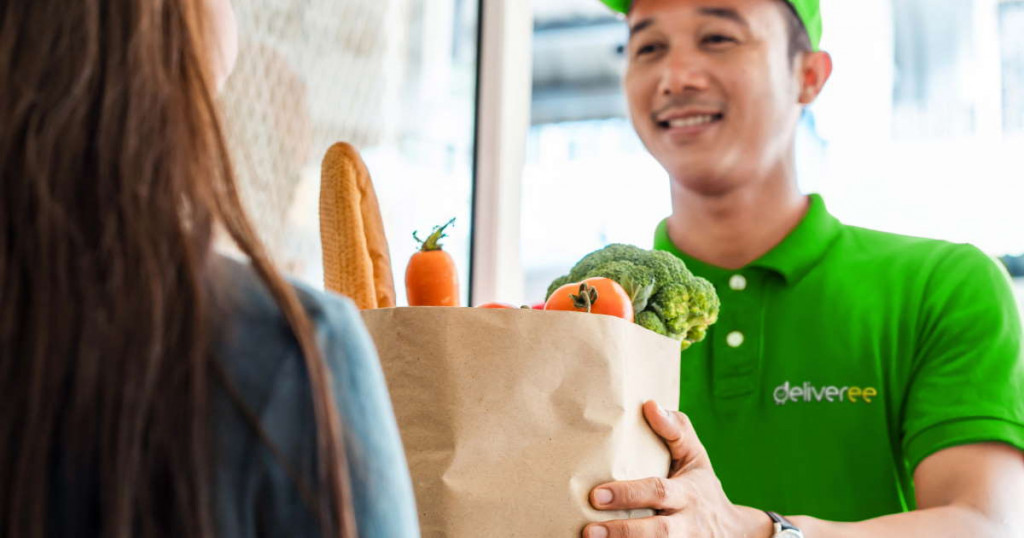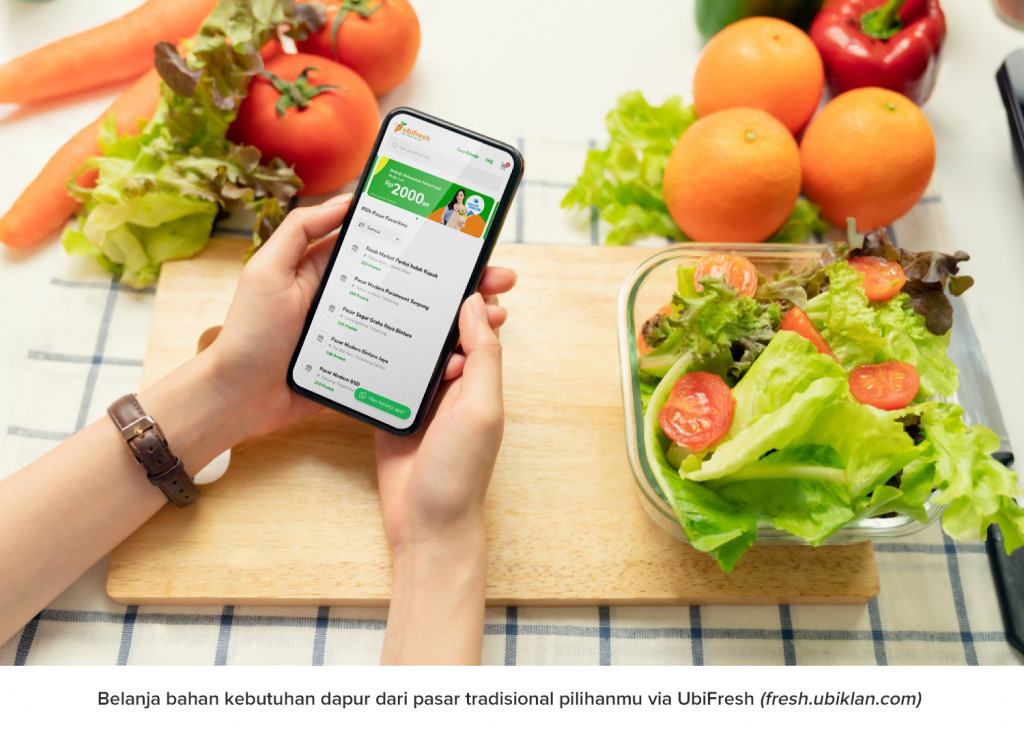The impact of the Covid-19 pandemic has affected mostly small-medium entrepreneurs, in various industries. Growing SMEs are overwhelmed by the news. It has inspired some startups to help them, along with their efforts to stay relevant in the current situation. We tried to register some of these startups.
First of all, Titipku. This Yogyakarta based startup has always been focused on empowering SMEs. Their service is trying to optimize technology to connect small merchants, food stalls, and other parties with buyers through applications.
The latest news, Titipku has launched location-based service features. This service is said to facilitate users finding traders around them for easy shopping.
“The store location becomes one of the problems when shopping online. Long-distance will affect shipping costs. Even shipping costs can be more expensive than the items ordered. That is very unfortunate. We expect this feature can minimize such problems,” Titipku’s CEO & Co-Founder, Henri Suhardja explained.
Titipku is said to have successfully embraced 150 thousand users and 100,000 registered business people in the application.

Next, there is Deliveree. In the midst of a pandemic, this startup, known for offering goods delivery services, is launching an online grocery shopping platform that is accessible through the application. From the official statement, the goods will be sent periodically using the city car fleet. This new feature also comes with a live chat or a call to get directly connected to the store.
“We expect this feature can make life a little easier for those who are worried about being exposed to the virus. With our latest technology, we are trying not only to reduce the virus spread, but also expect to help more than 5000 driver partners to return worked during this difficult time,” Deliveree Indonesia’s Country Director Tom Kim said.

Ubiklan comes with similar innovation. The startup, known as mobile advertising services using cars or motorbikes, is starting to explore a new business called UbiFresh. Offering grocery shopping online through their application.
UbIklan claims that their new business unit was formed after discussions with their partners and considering the current pandemic conditions which forced people to spend more time at home. UbiFresh is packaged in such ways to help users with their groceries as well as to market merchandise from traditional markets.
“We see a lot of people that we can help with UbiFresh. We can serve households in groceries shopping and at the same time we also help traditional markets which happen to be some of our business partners […] “The market results offered at UbiFresh are always maintained in terms of quality, freshness and completeness at the same economical price,” Ubiklan’s CEO, Glorio Yulianto said.

Stay relevant
In the current situation, online shopping becomes an option. There are big risks out there, and innovations are to be explored. The three startups above might only small amount among those who are trying to be relevant. In fact, they refuse to give up while continuing to look for ways to keep growing.
Titipku is currently planning for fundraising. Their focus lies on increasing the number of transactions. As a startup that always been aiming to help SMEs, this feature is a continuation of their previous efforts.
As for Deliveree and Ubiklan, the birth of new business lines is a strategic step for them to remain relevant. It was due to circumstances, also the current business conditions. It is not impossible that in the future their new business line will become permanent and become an important part of a sustainable business journey. Because it is currently high demand, and online shopping for groceries can be one of the new normal.
–
Original article is in Indonesian, translated by Kristin Siagian
